Faith Over Fear - 1 Samuel 14:1-23
It might sound a bit obvious, but as I was reflecting on this passage I was reminded of the WWI hero: Alvin York. Do you remember his story?
On October 8, 1918, during the Meuse-Argonne Offensive, Alvin York and a small group of soldiers were tasked with taking out a German machine gun nest that was decimating Allied forces. After most of his squad was killed or wounded, York single-handedly continued the assault. Using remarkable marksmanship skills honed as a Tennessee hunter, he eliminated 20+ German soldiers and captured 132 others, including multiple officers.

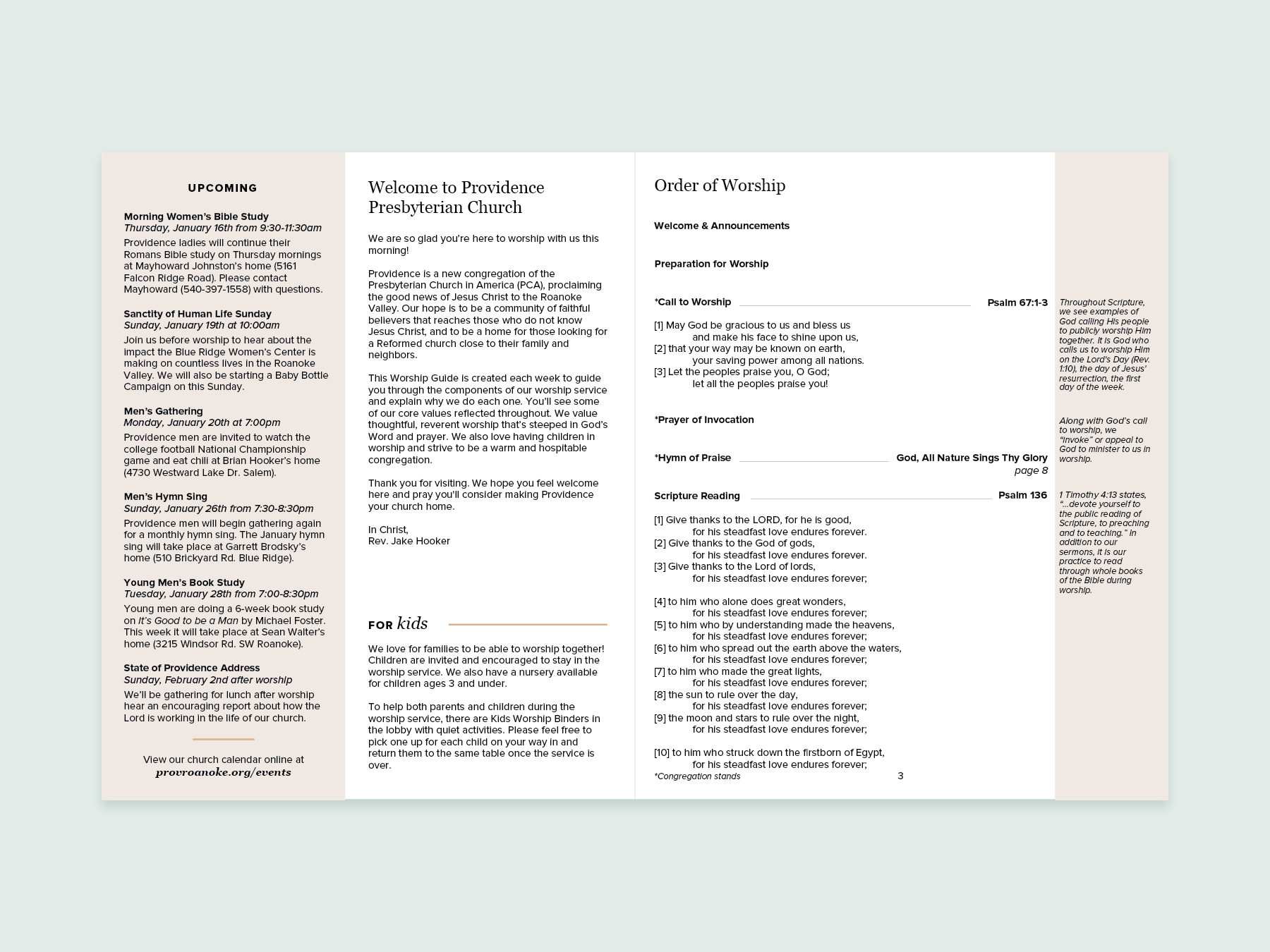
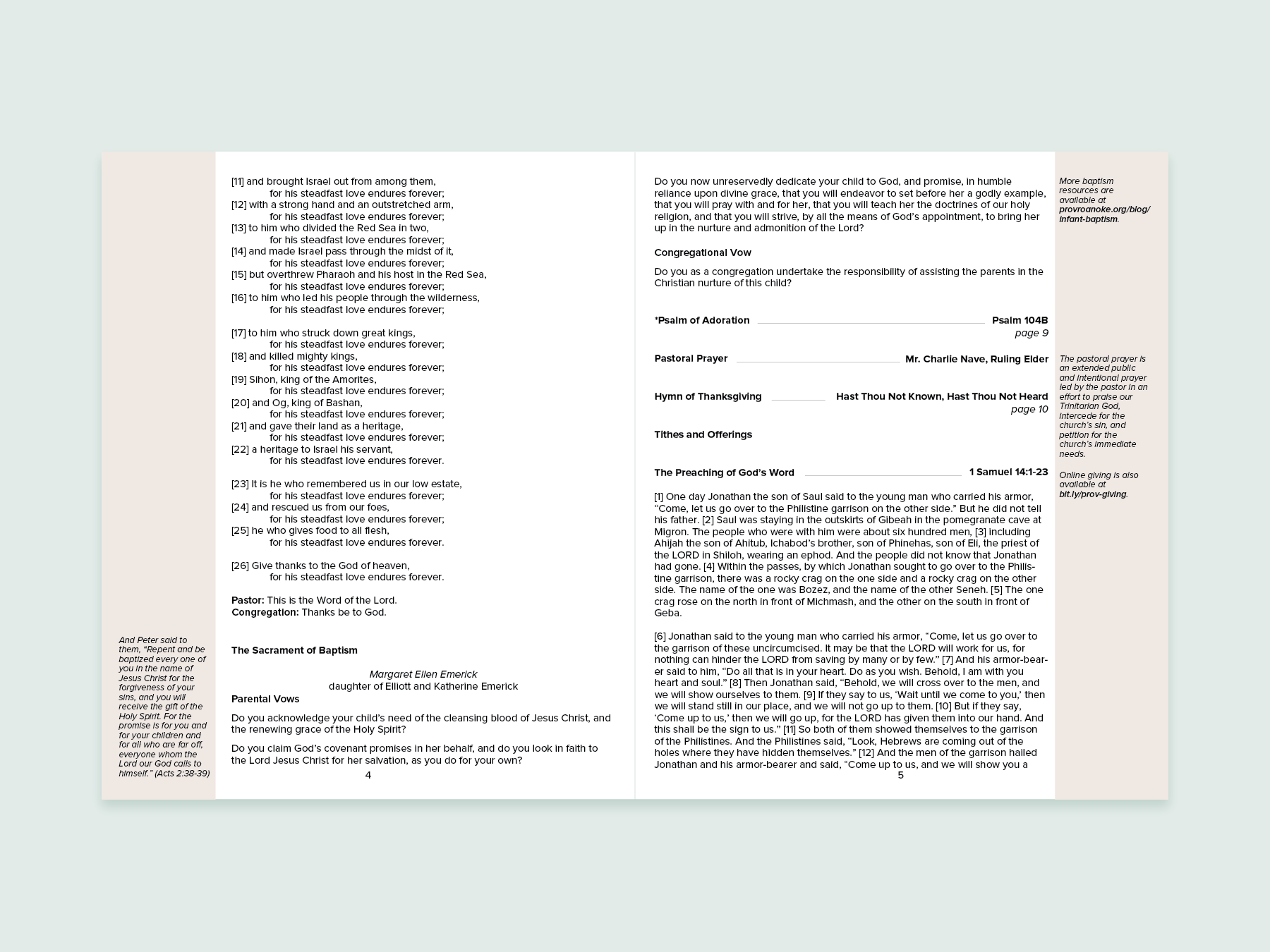
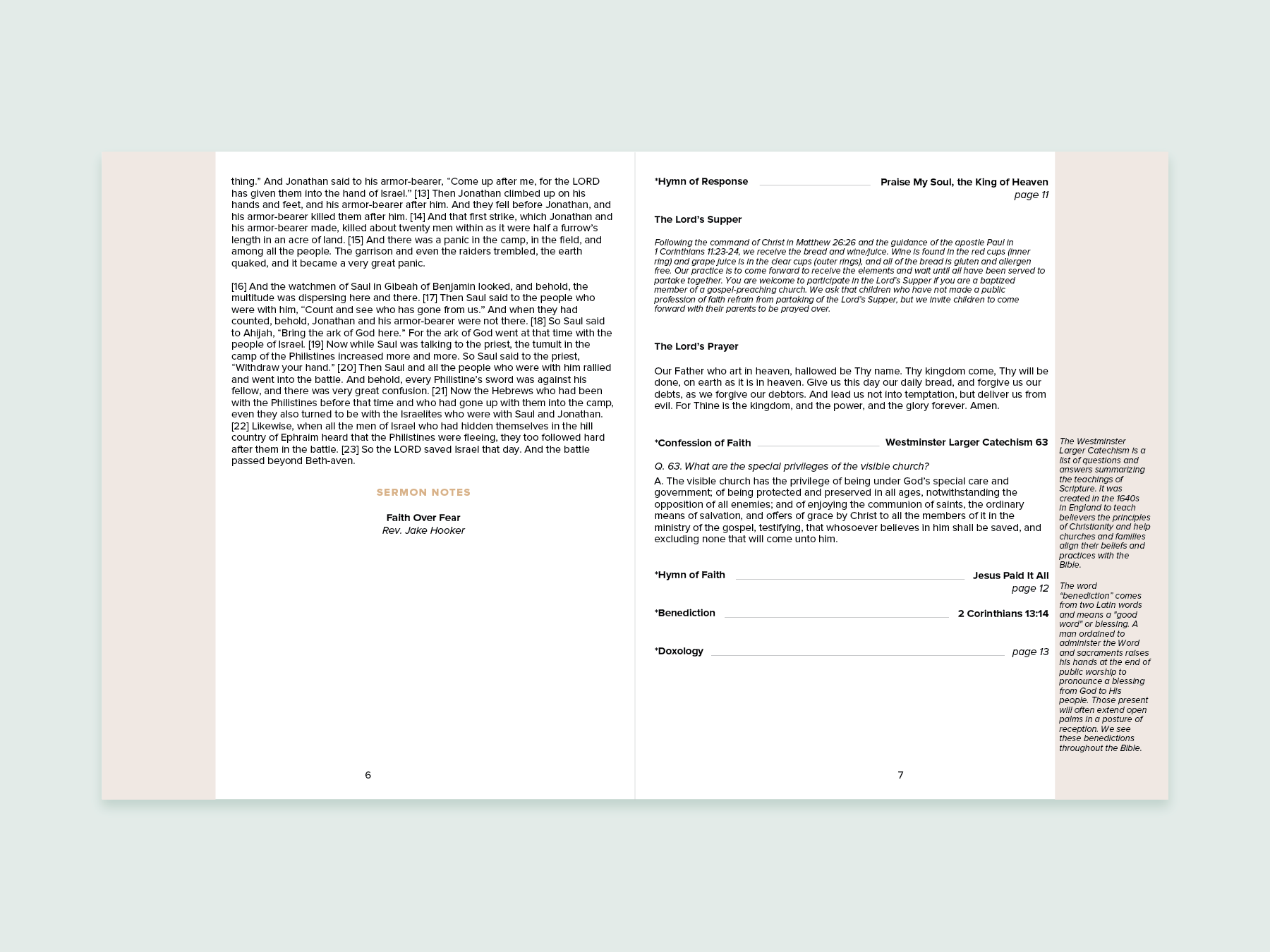
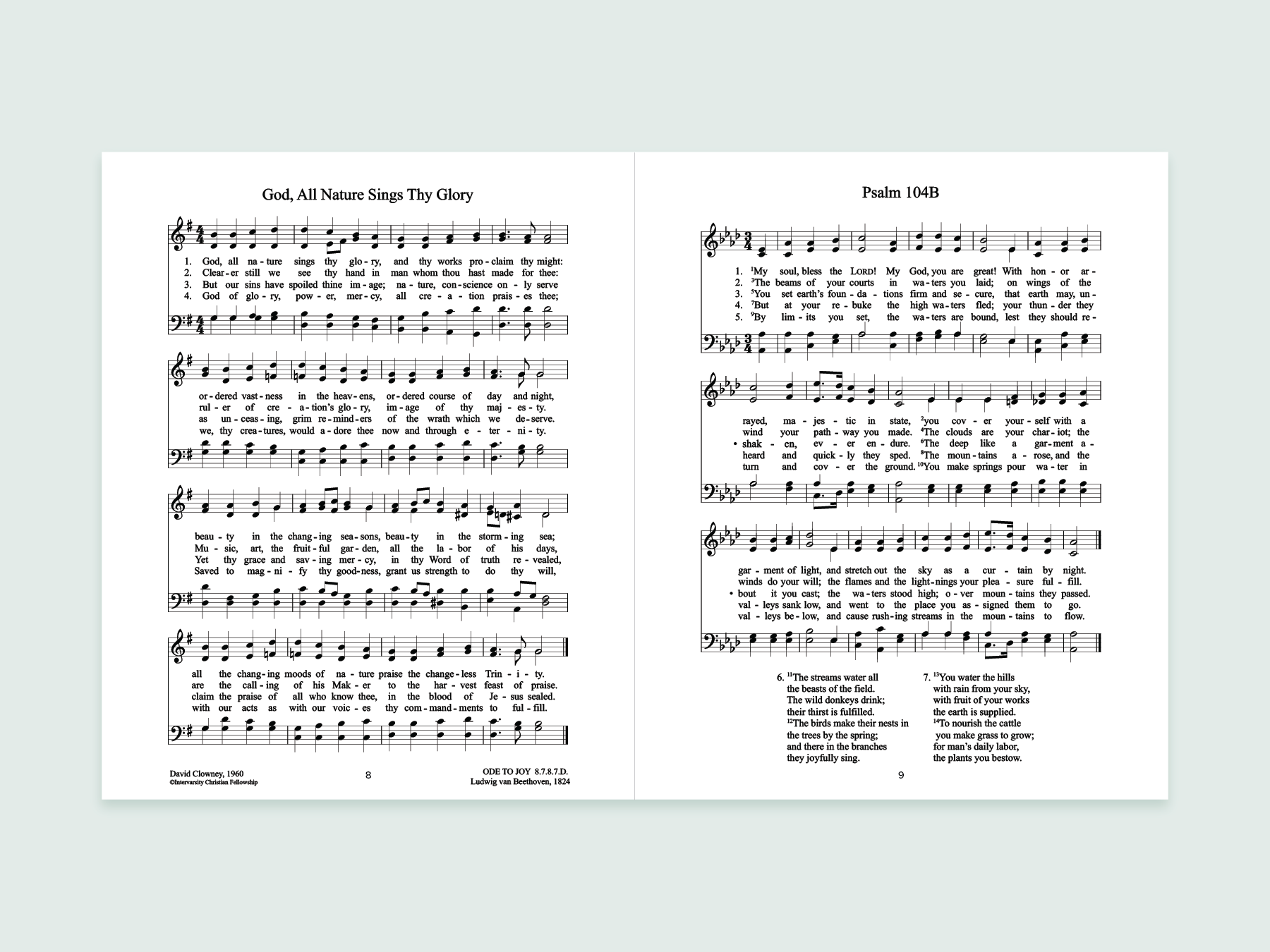

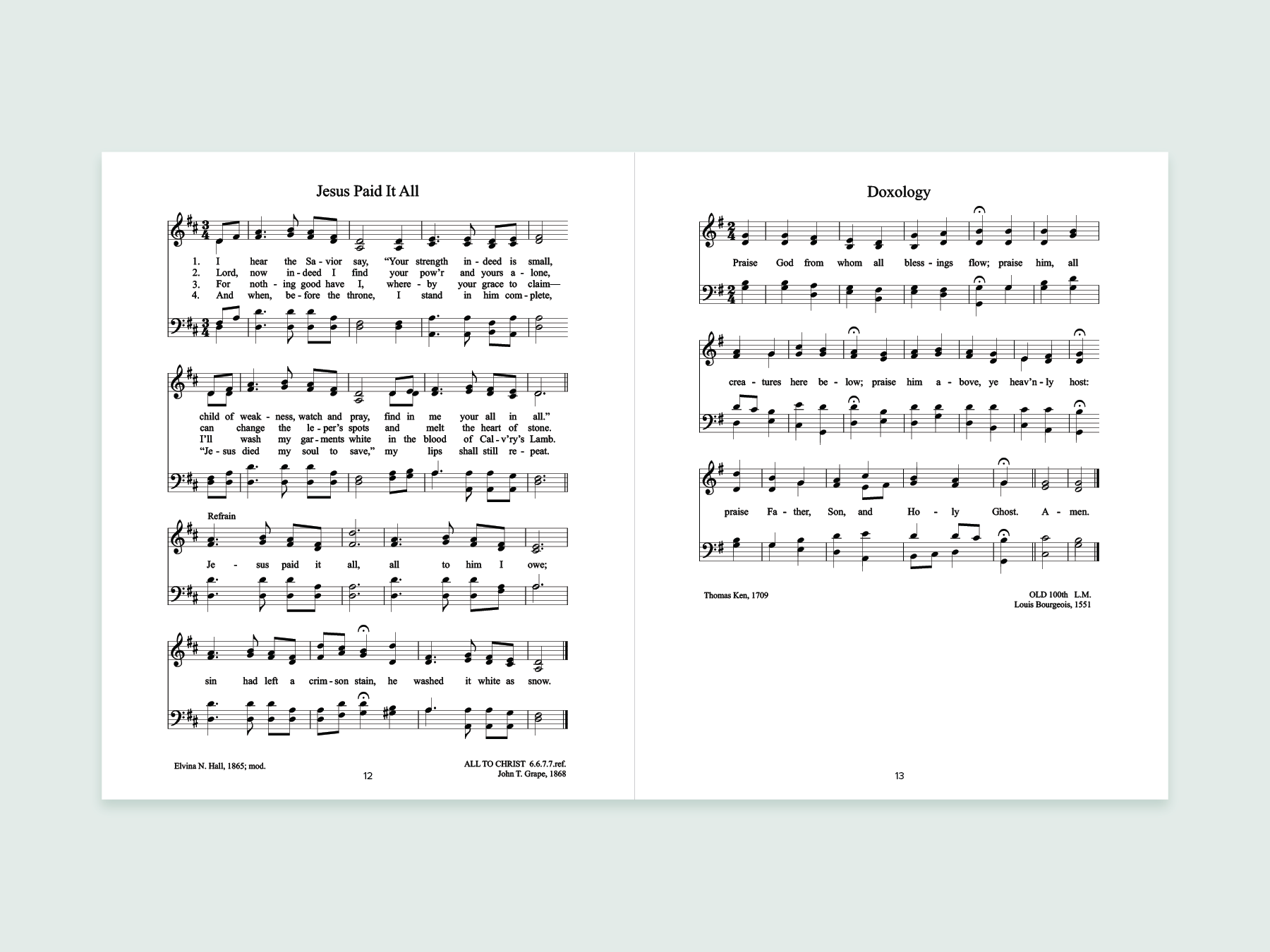

York’s courage and effectiveness turned the tide of the engagement and earned him the Medal of Honor. His story became legendary and inspired films, books, and admiration across the U.S.
Hopefully, you can see why his story reminded me of our passage because Jonathan, along with his unnamed armor bearer more or less did the same thing! But unlike York, the central theme of Jonathan and his armor bearer’s story isn’t about military conquest and personal bravery. It’s a story about God and how he fought for them. After all it was the Lord who threw the Philistines into a confusion and caused them to turn their swords on one another.
And so, from this passage we learn about how the Lord fights: first, we must remember that victory does not come through human strength. Second, we’re reminded that if God is for us, who can be against us? And lastly, in the moments of doubt, remember that the battle belongs to the Lord.
Last week, we looked at 1 Samuel 13 where Saul took matters into his own hands and unlawfully offered the burnt offering. Samuel, who was supposed to offer the sacrifices, was nowhere to be found. All the while, the Philistines had gathered a massive army and the men of Israel were fleeing out fear. And instead of making preparations for war, he had to wait on Samuel to offer these sacrifices.
And so, out of desperation to get things moving so he could properly prepare for war with the Philistines he offered the burnt offering himself violating the Word of God.
Our passage this morning picks up right where we left off. The Philistine army had advanced into Israel and was controlling the flow of supplies to Saul’s weak six-hundred man army. This was the cause of the massive weapon shortage in Saul’s army. This made Saul afraid and so he stayed put and was basically waiting to be captured or killed. He had given up so much apparently he was hanging out under a pomegranate tree during the day.
Victory does not come through human strength (vv. 1-7)
Again, consider the context of our passage: The Israelites faced insurmountable odds. Saul had basically given up. He’s just camped out with six-hundred men, and a few unbelieving advisors, just waiting for the Philistines to attack them. No one around him actually believed that the Lord could deliver them. No one had faith in the Lord, not even the priest, which is why the writer of 1 Samuel gives us all that background information about Ahijah. “Ahijah [was] the son of Ahitub, Ichabod's brother, son of Phinehas, son of Eli, the priest of the Lord in Shiloh, wearing an ephod.”
Do any of those names ring a bell? Ichabod, whose name meant, ‘the glory of the Lord has departed,’ was the son of Phinehas, who was, if you remember, more interested in chasing women than fulfilling his God-given priestly responsibilities. And Phinehas was the son of Eli, and the Lord had rejected the house of Eli.
That’s Ahijah the priest’s family. That’s the man Saul has with him wearing the priestly ephod. And it really speaks to the type of people Saul has surrounded himself with. Samuel is nowhere to be found. And for that matter, neither is his own son, Jonathan.
Which helps us understand why Jonathan would venture off on his own to attack the Philistines. He knew his father would never authorize him attacking a Philistine garrison. Jonathan went the ask for forgiveness rather than permission route.
Which is something I’m sure you noticed: while Saul and his army were too afraid to do anything, Jonathan and his armor bearer decided to go on the offensive. An army of six-hundred does seem pathetic in comparison to the Philstine army of thirty-six thousand, but six-hundred is more than two, right?
Right now, we’re privileged to meet here in the American Legion, but one day when we become a mega-church, I want to remind you all to stay grounded! We’ll need to remember our roots. Of course, I’m kidding! But what’s not a joke is that as churches grow there’s a temptation to put more and more reliance on the three b’s: buildings, bodies, and budgets. And almost under the cover of night, a church's focus can shift from a dependence upon the Lord to a dependence upon meeting payroll, constructing bigger buildings, and growing church attendance.
If you’re not careful you can begin to believe that the resources are absolutely necessary in order to accomplish anything. And then suddenly, the resources are more important than God himself.
Which is very similar to Saul’s mentality isn’t it? Saul believed that if the Israelites were going to defeat the Philistines then he was going to need more resources. He was going to need a bigger army. He was going to need more weapons.
But again, doesn’t this speak to a much deeper issue? It exposes Saul’s lack of faith and self-reliance. While on the other hand, we see Jonathan’s faith and total dependence upon God! Saul was totally self-reliant. Success or failure, victory or defeat, was something he had to deliver on his own. While on the other hand, Jonathan knew that victory was in the Lord’s hands. And if the Lord would grant them victory their limited resources would be irrelevant.
If God is for you then it doesn’t matter how big or intimidating the army may look - the battle has already been won.
If God is for us, who can be against us? (vv. 8-15)
John Knox, the famous leader of the Scottish Reformation, had an incredibly difficult life. At one point, he was imprisoned as a galley slave in the bottom of a slave ship. And then eventually got out and as he became more well known for his preaching, Mary Queen of Scots opposed him. John Knox accomplished so much despite the fact he faced challenges, opposition, and persecution at nearly every point of his life. And in spite of all the challenges and opposition he faced, one of his famous sayings that he would often repeat was, “One man with God is always in the majority.”
I love that quote. “One man with God is always in the majority.” It speaks to Knox’s unshakable faith, doesn’t it? When you hear that quote you understand a little bit better how a man could accomplish so much for the Lord in spite of all the opposition he faced.
And of course that quote, sounds like something that Jonathan might have said. He knew that the odds were absolutely stacked against them, but “one man with God is always in the majority.”
Because on the surface, two men attacking an enemy garrison seems like a suicide mission! Why on earth would Jonathan with his armor bearer decide to fight an entire Philistine garrison all by themselves?
It’s important to remember that Jonathan sought the Lord’s direction. But it’s also really important that we understand the topography and terrain of the Philistine’s garrison.
It was a strategic outpost in the middle of extremely rugged terrain. Where this Philistine garrison sat, basically cliffs were all around it. So Jonathan and his armor bearer exposed themselves at the bottom of a cliff to the Philstine garrison. If Philistines had said, ‘we’ll come to you,’ that would have been Jonathan’s sign from the Lord to stay put. In all likelihood that probably meant there would not be a fight. Because it wouldn’t be smart for the Philistines to put their men at risk navigating such treacherous terrain not knowing how many men were with Jonathan at the bottom of the cliff. Bozez literally means “slippery,” and Seneh means “thorny.”
But if the Philistines invited Jonathan and his armor bearer up to them, then that was his sign from the Lord that he had given them into his hands. Because the Philistines would have never expected Jonathan and his armor bearer to scale treacherous cliffs to fight them. Additionally, the Philistines would not have been able to see Jonathan and his armor bearer scale the cliffs. So the element of surprise was on Jonathan and his armor bearer’s side.
Undoubtedly, what Jonathan and his armor bearer were doing was incredibly dangerous, but more importantly it was a reflection of Jonathan’s faith in the Lord. “One man with God is always in the majority.” It didn’t matter how many Philistines were waiting for them in that garrison. If God was with them, they had nothing to fear.
There are a lot of things that strike fear into our hearts. But the one fear that seems to lie beneath all of them is the fear of death.
The Westminster Larger Catechism 85 asks a really interesting question. It asks: Death, being the wages of sin, why are not the righteous delivered from death, seeing all their sins are forgiven in Christ? In other words, if death is the wages for sin, but Christians have had their sins forgiven in Christ, why must Christians die too?
Answer: The righteous shall be delivered from death itself at the last day, and even in death are delivered from the sting and curse of it; so that, although they die, yet it is out of God’s love, to free them perfectly from sin and misery, and to make them capable of further communion with Christ in glory, which they then enter upon.
Christians have to shed their sinful flesh in order to prepare them for a deeper, fuller, perfect communion with Jesus Christ in glory. I’ve always found that tremendously comforting.
When a Christian dies, you get a glimpse of their Savior’s death and resurrection.
And of course, I bring that up because the thing that probably causes the greatest anxiety, the greatest fear is death, and yet, death loses its power when your faith is in Christ doesn’t it?
There was no way Jonathan knew with absolute certainty that he wasn’t going to die. It was just him and his armor bearer, they were going to climb a cliff, then climb into a Philistine garrison to fight them.
After all, he even hedges some in verse 6: “It may be that the Lord will work for us, for nothing can hinder the Lord from saving by many or by few.”
He’s not saying with definite certainty that God would save them, instead he says that God can save them. He can do it.
Jonathan’s faith was “one man with God is always in the majority,” or as Paul says in Romans 8:31, “If God is for us, who can be against us?” If God is for you, then death isn’t even something to be feared.
The battle belongs to the Lord (vv. 15-23)
The battle, and even your life, belongs to the Lord, and if you trust in Christ you will be victorious.
And of course, we know what happens in our passage: God grants Jonathan and his armor bearer a miraculous level of success.
Apparently, Jonathan and his armor bearer made a great tag team. Jonathan would knock the Philistines to the ground and the armor bearer would finish them off. They killed twenty men.
And this battle between Jonathan and his armor bearer in the Philistine garrison triggered a tremendous panic among the entire Philistine army. But really, it’s the Lord fighting the battle! He put the Philistines into a panic and caused confusion – so much so that the Philistines were turning their swords on each other.
And of course, Saul begins to see all of this happen, if there was a time to inquire of the Lord and try to figure out what to do – it was at this moment! He even tells Ahijah to go grab the ark of the covenant!
But then what does Saul do? As the panic among the Philistines grew more and more chaotic, he told Ahijah in verse 19 to “Withdraw your hand” from the ark.
In other words, Saul didn’t want to waste their time inquiring of the Lord. They needed to get after the Philistines rather than asking the Lord what they should do. It’s eerily similar to what happened in 1 Samuel 13.
Saul felt intense pressure to make plans for war and as he grew more impatient he took matters into his own hands and unlawfully offered the burnt offering. The Philistine army was advancing on them, Samuel was nowhere to be found, so he took care of it himself.
Here, Saul sees an opportunity for them to attack. But before he did anything, it was important for him to get the priest and the ark and inquire of the Lord what they were supposed to do. But in a similar way, not wanting to squander the opportunity in front of him by wasting time inquiring of the Lord - he tells Ahijah to “withdraw your hand.” In other words, let’s move on from this.
Here’s one of the more interesting elements of recognizing that the battle is the Lord’s: when you realize that God is sovereignly in control of all things, that liberates you to take more risks. When you know that God is going to accomplish his will, then you really have nothing to lose!
Might as well attack the Philistine garrison and see what happens, right? A deep and abiding faith in Christ shouldn’t make you more cautious in advancing his kingdom. It should make you more offensive.
I hope and I pray that this will be the posture of our church. That’ll we’ll take bold actions and bold risks for the Lord. That we won’t passively wait for something to happen.
Which is again, a major difference between Saul and Jonathan. Saul didn’t trust in the Lord and it caused him to sit back and wait for something to happen. While Jonathan’s faith led him to take bold action.
When was the last time you took a bold risk for the Lord? Have you ever taken a bold risk for the Lord?
The battle isn’t yours to win or lose. The battle is the Lord’s. When you recognize that the battle is the Lord’s it’s easier to be offensive.
Isn’t this exactly what the Lord did on the cross? He went on the offensive to redeem a people to himself. And that was an act of his unmerited grace.
And isn’t God’s grace on full display here?
Fifteen minutes ago, Saul unlawfully offered the burnt offering and then was told by Samuel that the Lord had rejected him and his house.
God told Saul that the royal crown would no longer sit on a member of his family’s head. And of course all of this was taking place as the Philistines tightened their grip around the throat of the Israelites. Wouldn’t you expect the Philistines to totally destroy the Israelites here in chapter 14?
The Israelites would be getting exactly what they deserve. And yet, the exact opposite happens. The Israelites overcame what appeared to be impossible odds to defeat the Philistines.
When you pull back and examine this passage as a whole, God’s grace shines through so incredibly brightly doesn’t it? That’s the only explanation of what we see here. But isn’t this just like God?
To pull victory out of the jaws of defeat. One man, alone, on the cross of Calvary. As Jesus hung on the cross, everyone had to be wondering how is this going to save me? And yet, that’s exactly what happened! We look at the cross and say, thank you Lord!
The Lord fights for you and we know that to be true because the ultimate victory was won by Jesus.
We’re reminded in this passage that we should take risks for the Lord because the victory has already been won. May you have the courage to look at an enemy stronghold and say, “It may be that the Lord will work for us, for nothing can hinder the Lord from saving by many or by few.”
Amen. Let’s pray together.
